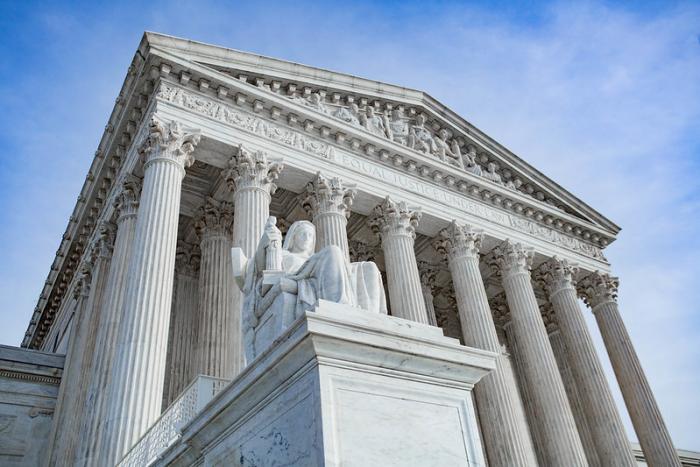
The American Humanist Association, a well-known atheist group, has filed a brief in support of a lawsuit against a Georgia college that penalized a student for sharing his faith.
The brief filed in the case Uzuegbunam v. Preczewski is set to be argued before the U.S. Supreme Court soon.
The suit, filed by the conservative law firm The Alliance Defending Freedom, was made against Gwinnett College for punishing Christian student Chike Uzuegbunam for preaching outside of a limited free speech zone on campus, Disrn reports.
“On the chopping block is a time-honored remedy essential to vindicating the most important rights in our country,” the amicus brief summary reads. “Religious freedom — the cornerstone of our democracy — could become an empty promise without nominal damages.”
“Religion clause violations rarely produce actual damages and often stem from easily-mootable laws,” it added. “Taking away from citizens, the only remedy available in many such cases jeopardizes the rule of law itself.”
While the college has now changed its policy around free speech and expression, it refuses to accept any penalties related to past actions.
Roy Speckhardt, AHA Executive Director, said in a statement that he believes people must “be given every chance to preserve their First Amendment Rights.
“While the AHA and ADF may approach the Constitution from different angles, at the very least we agree that First Amendment litigation and the associated rights are essential to our democracy,” Speckhardt said.
In 2016 when Uzuegbunam was a student at Gwinnett, he was stopped by school officials several times to share Christian literature in an outdoor space on campus.
According to the school policy at the time, Uzuegbunam could only share his faith and distribute literature in two rarely open spaces. These areas comprised less than 0.0015% of the total campus area, FaithWire reports.
A year following, Gwinnett changed its policy, arguing there were no grounds in pursuing a lawsuit against the institution because the complaint was made moot by the rules change.
While a district court ruled in the college’s favor, ADF appealed the decision. The Supreme Court has agreed to hear oral arguments in the case.


